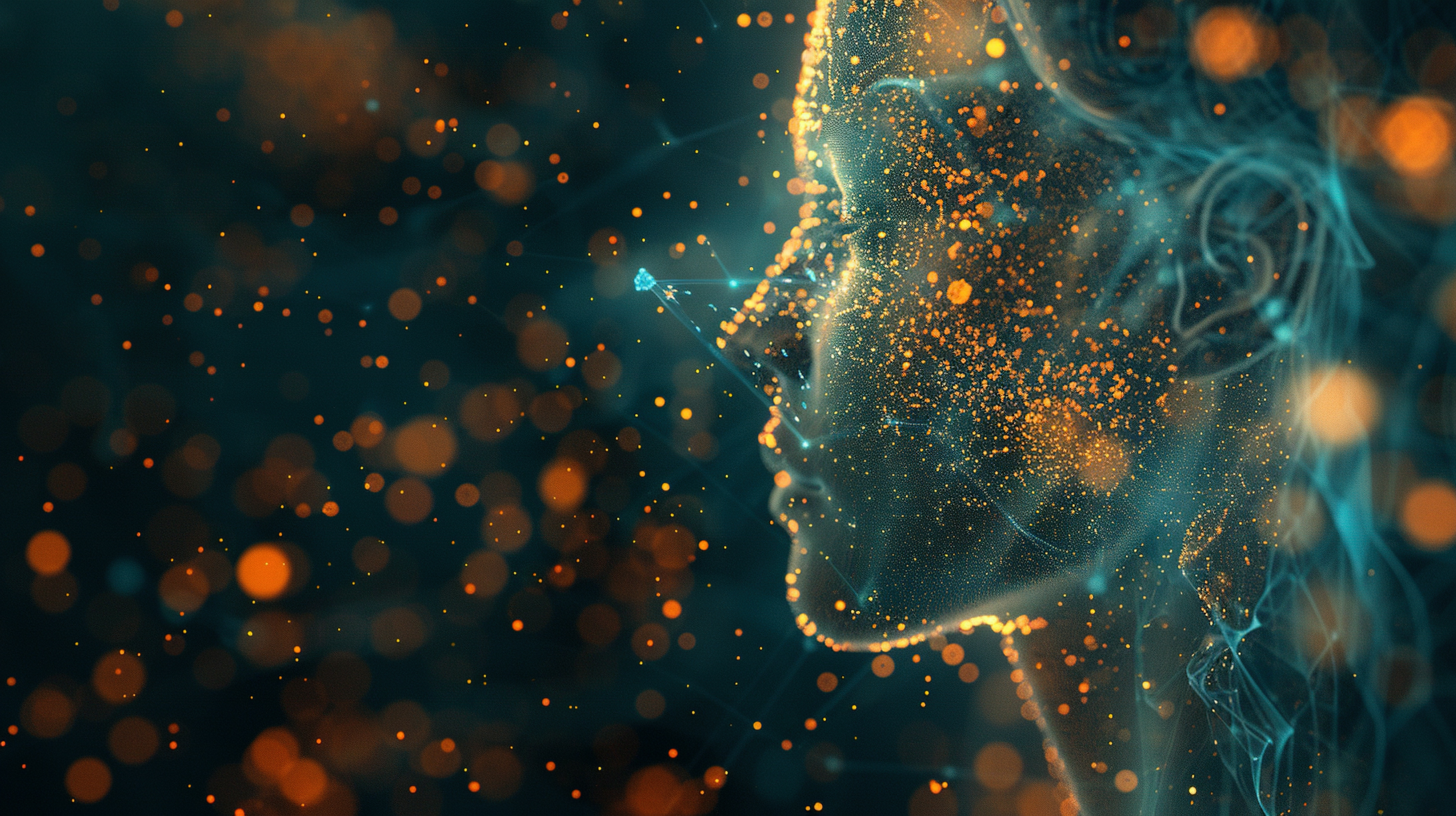World Health Day: innovating for a more human and connected healthcare

In this page:
- Artificial intelligence at the service of vulnerable patients: towards better communication and enhanced well-being
- Recognising emotions and assessing pain more accurately
- Assistive robots for enhanced human-machine interaction
- Training tomorrow’s engineers for the future of digital health.
- A vision for a more connected and human-centered healthcare
On the occasion of World Health Day, celebrated on April 7, CESI reaffirms its commitment to digital and connected healthcare. This day represents an ideal opportunity for the engineering school to highlight its innovative research projects, which are helping to transform and advance the healthcare sector.
Artificial intelligence at the service of vulnerable patients: towards better communication and enhanced well-being
In the healthcare field, understanding and interpreting patients’ emotions is essential to ensure their well-being and effective care. However, for some people – such as the elderly with neurocognitive disorders or patients with chronic pain – expressing their feelings clearly can be a challenge, making their medical care more difficult.
This is where the CESI LINEACT research comes in. Its aim? To develop artificial intelligence (AI)-based solutions that improve communication and support for vulnerable patients, particularly those with limited capacity for self-expression.
Recognising emotions and assessing pain more accurately
One of CESI’s major breakthroughs has been the recognition of emotions in Alzheimer’s patients. These people often have difficulty verbalising their emotions, which can make it difficult to understand their needs and increase their sense of isolation. Thanks to cutting-edge AI technologies, such as deep learning applied to facial expression analysis, CESI researchers have developed applications capable of accurately identifying these patients’ emotions. This enables healthcare providers and healthcare technologies (robots, telemedicine tools, virtual agents) to adapt their approaches and provide more personalised care.
Another major advance is in pain assessment. Traditional self-reporting methods are not always appropriate for patients with communication disorders. By analysing facial expressions and involuntary micro-expressions, researchers have created AI models that can detect pain more objectively. This could help healthcare professionals to better assess patients’ suffering and adjust their treatment strategies accordingly.
Assistive robots for enhanced human-machine interaction
Research at CESI LINEACT also extends to human-machine interaction. The team is developing humanoid robots capable of detecting patients’ emotions in real time through the use of cameras and microphones. These robots can interpret facial expressions, vocal tones and gestures to provide emotional and social support, especially for people who are isolated or have lost their autonomy. These innovations have the potential to revolutionise care for the elderly or hospitalised patients, offering interactions that are more natural and adapted to emotional states.
Amine Bohi, an expert in computer vision and AI at CESI LINEACT, is working on AI solutions to help vulnerable people. In collaboration with EHPAD (an assisted living facility), he is developing robot prototypes capable of detecting emotions such as stress, pain or happiness and interacting with patients in real time. These robots can provide emotional support while helping to monitor the health of residents. They enable caregivers to anticipate patients’ needs and maintain a personalised connection with each individual.
Training tomorrow’s engineers for the future of digital health.
In a world where digital skills are increasingly essential, CESI offers a Bachelor’s degree in Artificial Intelligence applied to healthcare. This program prepares students for the professions of tomorrow: Data Scientist, Digital Health Project Manager, or E-Health Solutions Developer.
Students learn how to master data collection and analysis techniques, AI algorithms, and best practices in ethical medical data management. Their mission: to develop innovative tools that improve patient care while ensuring the security and confidentiality of personal health information.
A vision for a more connected and human-centered healthcare
At CESI, we strongly believe that technological innovation must serve humanity. World Health Day is an opportunity to reaffirm that digital advances should not replace human relationships, but rather enrich them. By developing connected, reliable, and ethical tools, we contribute to a future where technology supports healthcare professionals and improves patients’ quality of life.
Artificial intelligence offers a unique opportunity to improve the daily lives of vulnerable patients. By automating and facilitating the detection of emotions and pain, these technologies pave the way for more human-centered medicine, where every patient, even those who cannot communicate verbally, can be understood and supported with empathy.